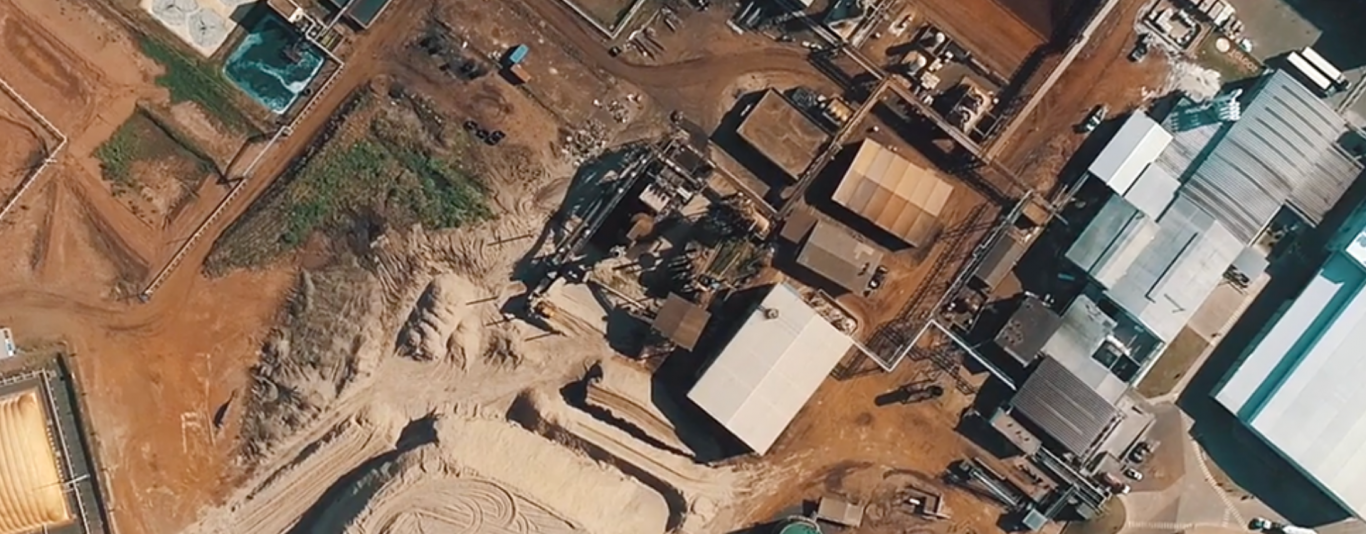News
Tereos Starch & Sweeteners Brazil inaugurates biodigester to generate biogas

Tereos Starch & Sweeteners Brazil (TSSB), the Group’s business focused on corn and cassava-based products, has invested more than 3 million euros in the acquisition of an horizontal biodigester and the modernization of the effluents’ treatment system that reuses organic waste.
The biodigester generates biogas, which is a clean and renewable energy and reduces substantially the emission of greenhouse gases. With a capacity to treat 111,000 liters of effluents per hour, the biodigester is one of the biggest equipment of its kind installed in Latin America.
Undergoing tests since April, the biodigester is now in full operation and allows the business to reduce by 20% the purchase of biomass that generates the steam used as power in industrial processes. “The biodigester is a perfect example of circular economy. The system treats our effluents, generates clean energy, and allows us to use the final solid waste as part of the final organic mix to be used as soil fertilizer in cassava fields. The project aligns with Tereos’ commitment to sustainable development,” celebrates Kwami Correia, the unit’s president-director.
How does it work?
Anaerobic microorganisms, which survive in the absence of oxygen, execute the biodigestion – therefore, the horizontal biodigester works as a sort of giant greenhouse. These microorganisms decompose all biomass organic matter and produce a gas composed of methane and carbon dioxide, known as biogas. Moreover, it is a sealed system, which avoids the dispersion of greenhouse gases.
“The biodigestion process reduces the organic waste of effluents by 80%. As it comes out of the biodigester, it goes through a filtering and oxygenation process,” explains Marcelo Marques, Tereos Starch & Sweeteners’ Sustainability manager. At the end of the process, up to 95% of the organic load is filtered out of the water, which returns to the environment. All solid waste remaining from the filtering process is collected and added to the mix used as organic fertilizer in cassava plantations.
Focus on renewable energies
The responsible management of energy and waste is part of the Tereos Group’s commitment to the Positive Industry, one of the backbones of its sustainability strategy, which seeks to make full use of raw materials and reduce products’ environmental footprint.
Tereos group has been using biodigestion process in several plants in France, Belgium, Czech Republic, Indonesia and China.
